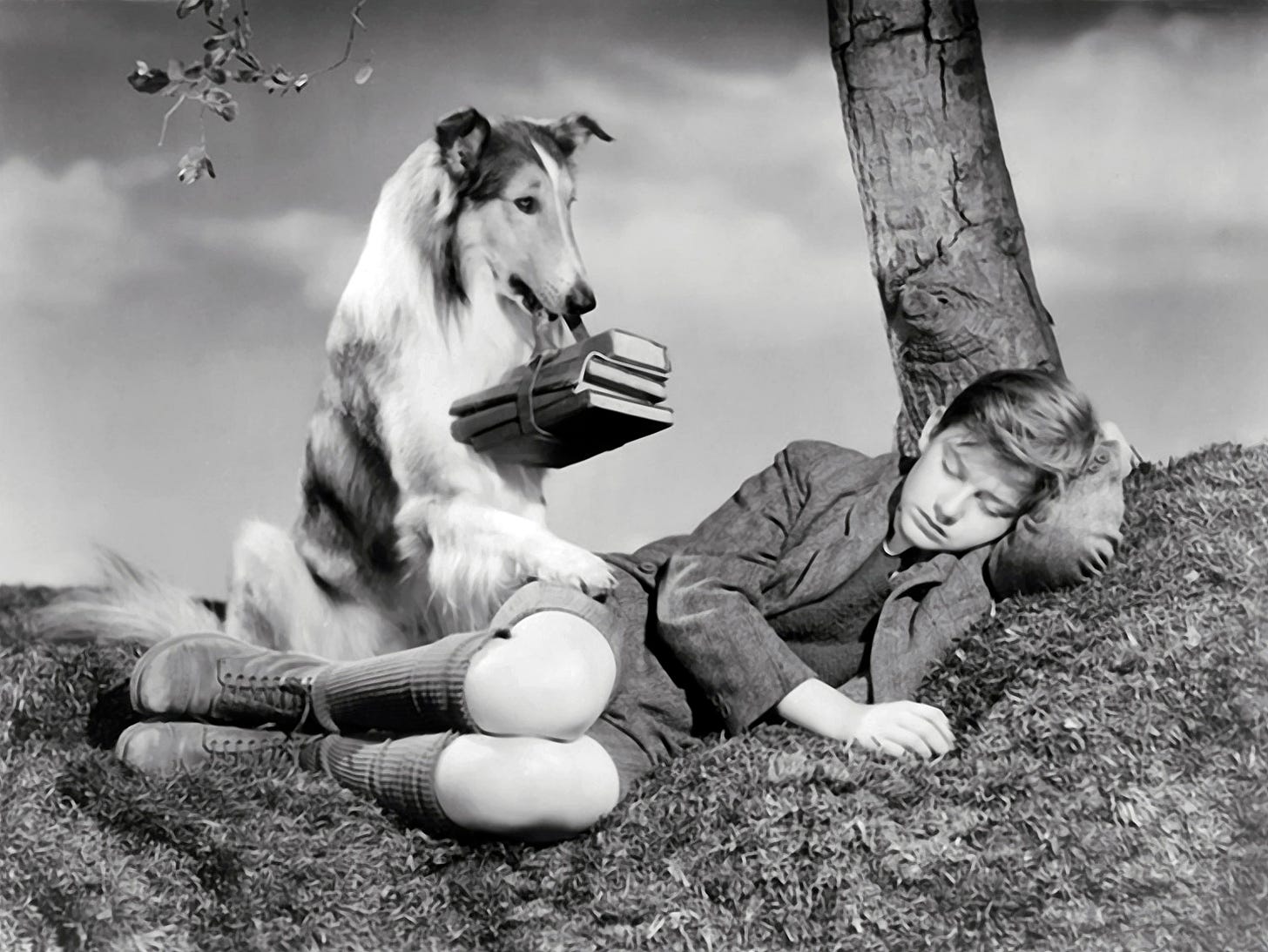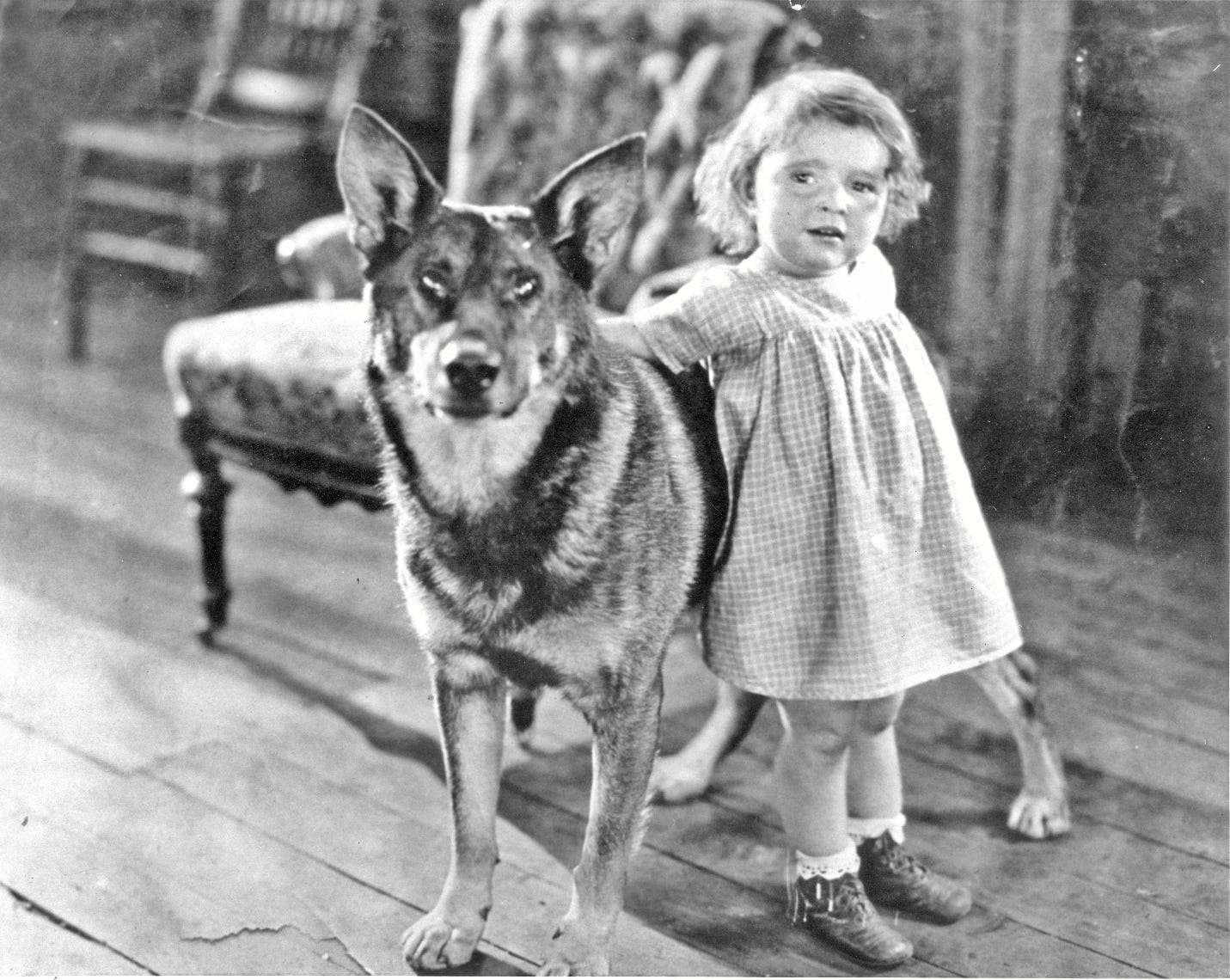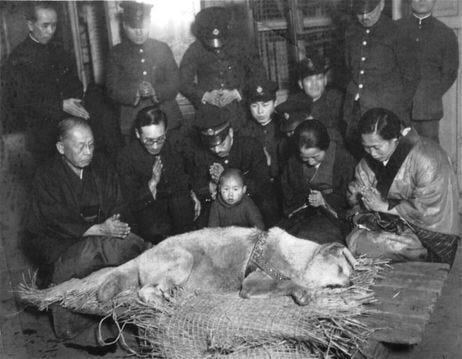In my lifetime, I only lived with two dogs: Rover and Pi. Rover was a mutt, and Pi was part collie and coyote. Pi moved in with us because her family was moving out of Topanga, and once she moved, she found herself back home at our house. We adopted her or just kept Pi because she was always hanging out with Rover. My relationship with dogs is very laissez-faire, and I rarely ever think about them either as pets or objects in front of me. All I know is Rover and Pi lived with me, and they liked their stomachs scratched and petted.
I remember watching “Lassie” on our black and white TV, and Rover was intrigued by the show one night. Especially when Lassie barked or made a sound. He would sit in front of the set, cock his head towards the left with his ear up. Eventually, he would walk around the TV set to determine what was happening in the back of the set. Rover was thinking logically if Lassie was actually on the TV set, which makes perfect sense.
As a boy, I identify with Timmy on “Lassie” and Rusty on “Rin-Tin-Tin.” So when I was with Rover and Pi, I didn’t think about the dogs; instead, I projected myself as the boy surrounded by his dog, who also appears to have been tuned in to my needs and concerns. Getting love from a dog is, without a doubt, one of the most extraordinary love relationships on this planet. There is the famous story of Hacikō, the Akita dog who would go with his owner, Hidesburō Ueno, a teacher, to Shibuya station in Tokyo and would come back to see him there when he arrived from his work. One day, the teacher dies at work and, of course, never returns - but Hacikō, without fail, would wait at the meeting spot in the Shibuya station every day at the same time. Hacikō waited for seven years till death came and took him away.
The Japanese media picked up the story of Hacikō, and eventually, it became almost an urban myth about the loyal dog waiting for his master or owner. Except this was all true. Hacikō died on March 8, 1938, when his body was found on the streets of Shibuya. The dog had terminal cancer and a filaria infection (worms). They also found four yakitori skewers in his stomach, but that didn’t cause his death. Hachikō’s remains are stuffed, mounted, and kept at the National Science Museum in Ueno, Tokyo. His burial monument is in the Aoyama cemetery. But the people’s monument is at the Shibuya station, where Hachikō waited for his master. There is a statue in honor of the dog, and it is probably one of the best-known locations in Tokyo.
I will never forget the night Rover died. He was for sure feeling his age, and I remember the night he insisted on going outside. I opened the door for him, which was the last time I saw Rover. But as I was falling asleep on the couch in the living room, I had a waking dream of Rover in front of my face, barking wildly. I woke up, and of course, he wasn’t there, but I never did see my dog again. Also, I never had the urge to get another dog or live with a dog. Rover and Pi were dogs who lived with me at a specific time, and one can’t repeat its past. I had to move on.






